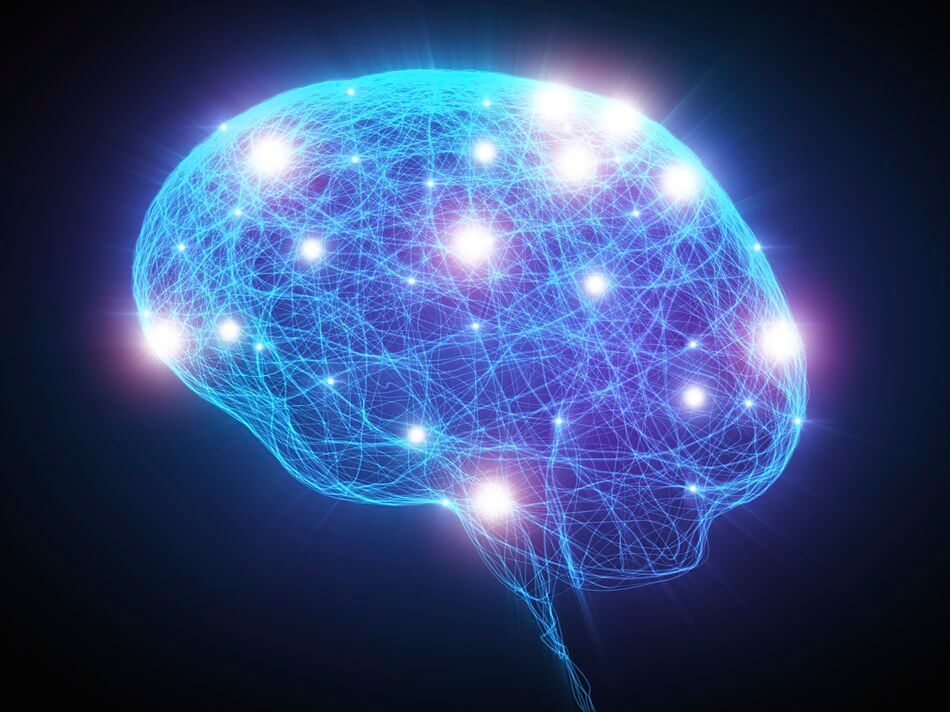Can poor sleep habits do a number on your relationships? Experts seem to think so. In fact, sleep deprivation can not only make you less attractive to your partner; it can also contribute to more romantic conflicts, according to one 2014 Psychology Today report.
3 surprising ways poor sleep affects your brain

iStock
It’s no shocker that getting a rough night’s sleep has negative side effects that go far beyond next-day drowsiness and irritability.
“The research is accumulating to suggest that—across multiple domains of physical functioning and mental health functioning, and in terms of our social relationships—sleep plays a critical role, and we’re just starting to uncover that,” says Natalie Dautovich, PhD, a National Sleep Foundation environmental scholar.
Read on for three surprising ways that crummy sleep affects brain functioning.
IT DRAINS YOUR SEXUAL DESIRE
We all know that not catching enough Zs depletes our energy. More and more research is now suggesting that this mental grogginess actually impedes sexual functioning.
According to a recent study out of the University of Michigan, women who get more sleep have more sex. More specifically, each additional hour of sleep translates to a 14 percent increase in the possibility of next-day sex. The same study also reported that women with healthy sleep habits experience better arousal and sexual responsivity.
And it doesn’t stop there. A 2011 New York Times report found that sleep apnea is linked to a lack of sexual desire in women and erectile dysfunction in men.
IT IMPAIRS COGNITIVE FUNCTIONING
Can pulling all-nighters actually make you dumb?
“In terms of our brain and our cognitive functioning, we now know that sleep plays a critical role in helping to clear toxins from the brain,” says Dautovich.
She’s referring to an animal study that came out last year. The findings suggest that while we’re sleeping, twice as many neurotoxins are cleared from the brain compared to when we’re awake.
“These results suggest that sleep serves a really basic function, which is housekeeping of our brain to help ensure brain health.”
According to sleep experts at Harvard, quantity and quality of sleep have a “profound impact” on memory and learning.
IT CONTRIBUTES TO POOR DECISION-MAKING
Dautovich adds that more research is emerging about the relationship between healthy sleep and good decision-making—specifically when it comes to exercise and food choices.
“The idea is that when we are sleep deprived, we have decreased activity in the areas of the brain that are responsible for decision-making, and we have increased activity in areas of the brain that are associated with reward,” she says.
Translation? Poor sleep might make us less capable of making effective decisions. Rewards also become even more appealing.
“So when you see a donut in the morning after a night of poor sleep, the donut may become even more irresistible because of the sleep deficits we’ve experienced,” Dautovich adds.
To combat these effects, she says the National Sleep Foundation recommends adults get seven to nine hours of sleep a night.


















